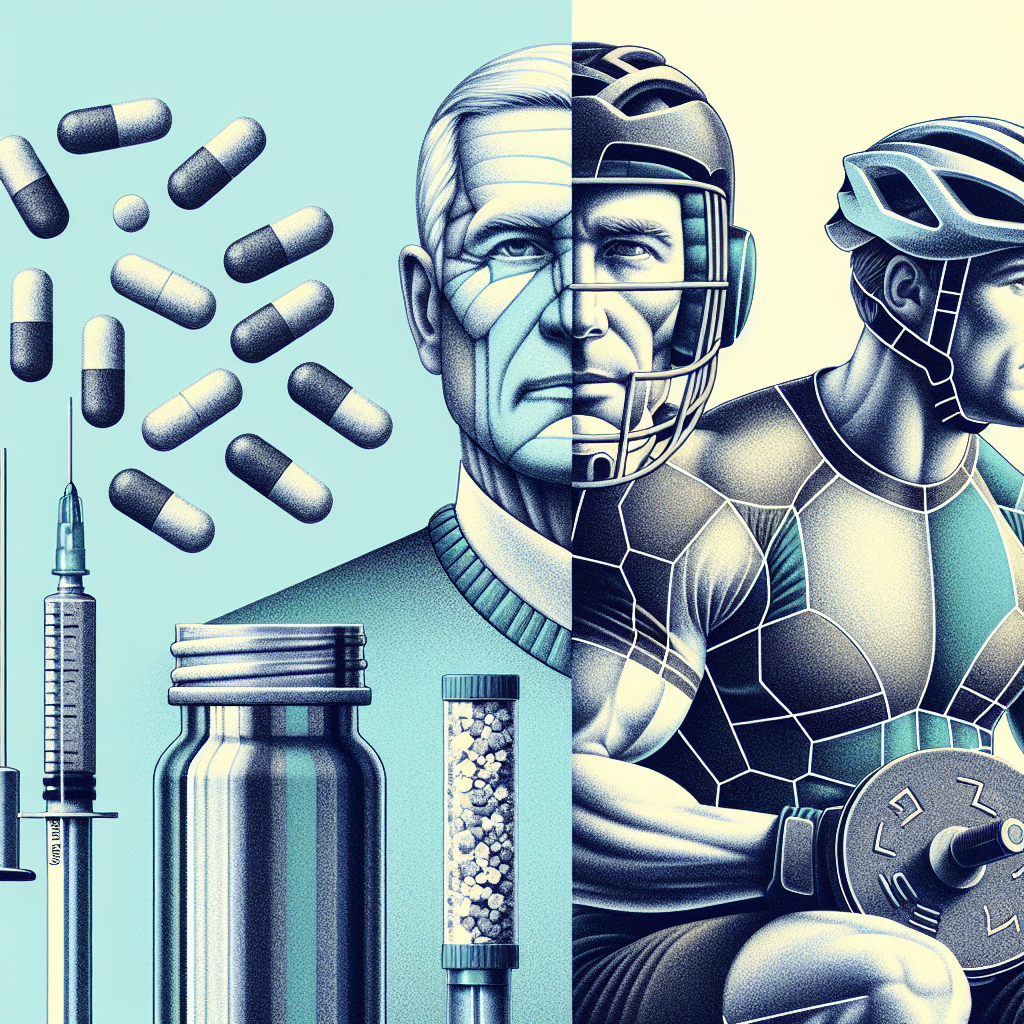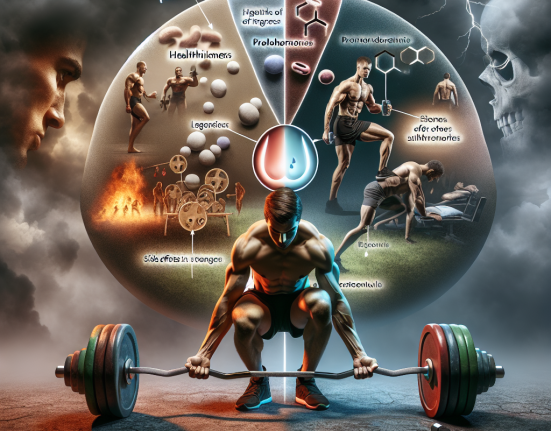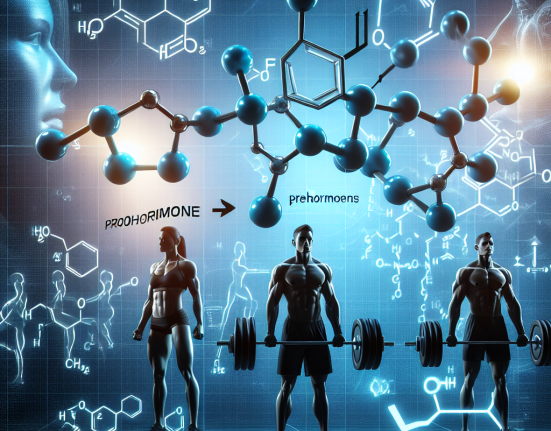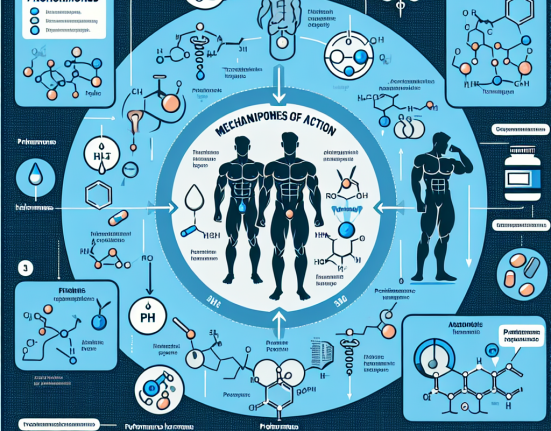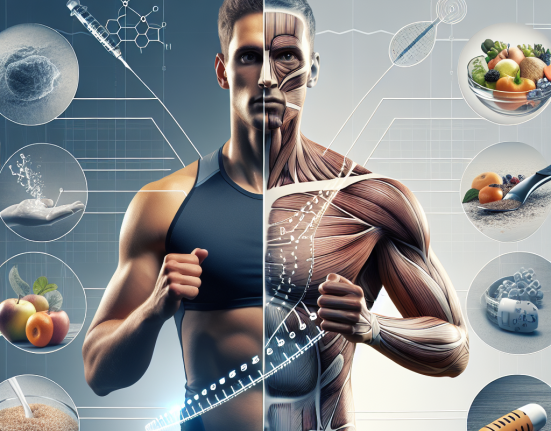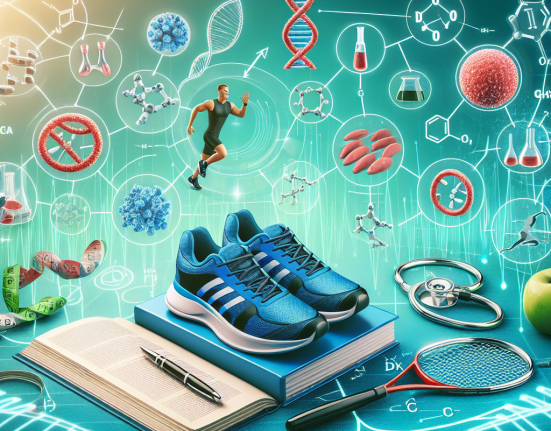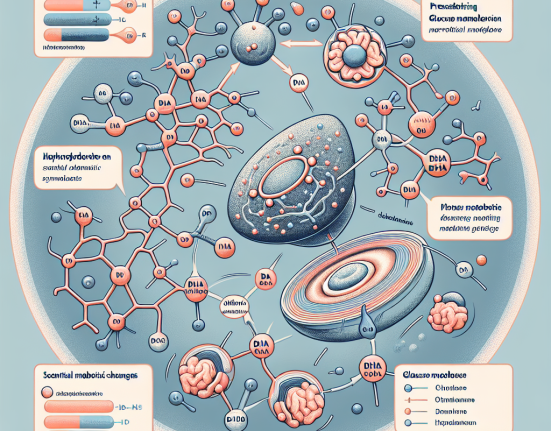-
Table of Contents
Isotretinoin and Muscle Recovery: A Combination to Avoid?
Isotretinoin, also known as Accutane, is a powerful medication used to treat severe acne. It is a form of vitamin A and works by reducing the amount of oil produced by the skin’s oil glands. While it has been proven to be highly effective in treating acne, there has been some concern about its potential impact on muscle recovery in athletes. In this article, we will explore the pharmacokinetics and pharmacodynamics of isotretinoin and its potential effects on muscle recovery, as well as provide expert opinions on whether or not it should be avoided by athletes.
The Pharmacokinetics of Isotretinoin
The absorption of isotretinoin is highly variable and dependent on several factors such as food intake and the formulation of the medication. Studies have shown that taking isotretinoin with a high-fat meal can increase its absorption by up to 2.5 times (Kaufman et al. 2002). This is important to note as athletes may have different eating habits and may not always take the medication with a high-fat meal, leading to inconsistent absorption.
Once absorbed, isotretinoin is metabolized by the liver and has a half-life of 10-20 hours (Kaufman et al. 2002). This means that it takes approximately 10-20 hours for half of the medication to be eliminated from the body. However, it can take up to 1-2 months for isotretinoin to be completely eliminated from the body (Kaufman et al. 2002). This long half-life and elimination time can potentially impact muscle recovery in athletes who are taking the medication.
The Pharmacodynamics of Isotretinoin
The exact mechanism of action of isotretinoin in treating acne is not fully understood. However, it is known to decrease the size and activity of the sebaceous glands, which are responsible for producing oil in the skin (Kaufman et al. 2002). This reduction in oil production can lead to dryness of the skin and mucous membranes, which can cause joint pain and muscle stiffness in some individuals (Kaufman et al. 2002).
Additionally, isotretinoin has been shown to decrease the production of certain hormones, such as testosterone and insulin-like growth factor 1 (IGF-1) (Kaufman et al. 2002). These hormones play a crucial role in muscle growth and recovery, and their decrease may have a negative impact on an athlete’s performance and recovery time.
Expert Opinions
There have been limited studies specifically examining the effects of isotretinoin on muscle recovery in athletes. However, there have been some expert opinions on the matter. Dr. Gary Wadler, a renowned sports medicine expert, has stated that isotretinoin can cause joint pain and muscle stiffness, which can potentially impact an athlete’s performance (Wadler 2002). He also notes that the decrease in testosterone and IGF-1 levels can have a negative impact on muscle recovery and growth.
On the other hand, Dr. Mark Harrast, a sports medicine physician, believes that the potential effects of isotretinoin on muscle recovery are minimal and that the medication should not be a concern for athletes (Harrast 2019). He argues that the decrease in testosterone and IGF-1 levels is not significant enough to have a noticeable impact on muscle recovery and that any joint pain or stiffness can be managed with proper hydration and stretching.
Real-World Examples
There have been some cases where athletes have reported experiencing joint pain and stiffness while taking isotretinoin. In 2002, professional cyclist Tyler Hamilton was prescribed isotretinoin for his severe acne and reported experiencing joint pain and stiffness, which he believed was due to the medication (Wadler 2002). However, he continued to compete and even won a stage of the Tour de France while taking the medication.
Another example is professional bodybuilder and fitness model, Steve Cook, who took isotretinoin for his acne and reported experiencing joint pain and stiffness, as well as a decrease in muscle mass (Cook 2015). He also noted that his recovery time was longer while taking the medication.
Conclusion
While there is limited research on the effects of isotretinoin on muscle recovery in athletes, there is some evidence to suggest that it may have a negative impact. The decrease in testosterone and IGF-1 levels, as well as the potential for joint pain and stiffness, may affect an athlete’s performance and recovery time. However, there are also expert opinions and real-world examples that suggest the effects may be minimal and manageable. Ultimately, it is important for athletes to consult with their healthcare provider and carefully consider the potential risks and benefits before taking isotretinoin.
References
Cook, S. (2015). My Experience with Accutane. Retrieved from https://www.youtube.com/watch?v=JZJZQjJZLgM
Harrast, M. (2019). Isotretinoin and Athletic Performance. Retrieved from https://www.verywellhealth.com/isotretinoin-and-athletic-performance-3120656
Kaufman, J., et al. (2002). Isotretinoin: Pharmacology, Dosing, and Side Effects. Retrieved from https://www.ncbi.nlm.nih.gov/pmc/articles/PMC1859978/
Wadler, G. (2002). Accutane and Athletic Performance. Retrieved from https://www.nytimes.com/2002/08/04/sports/sports-of-the-times-accutane-and-athletic-performance.html
